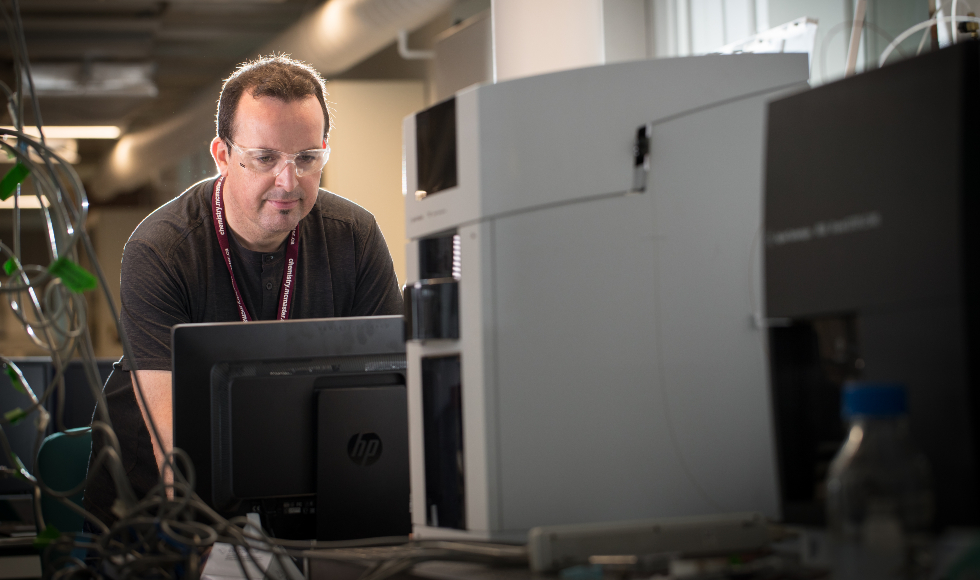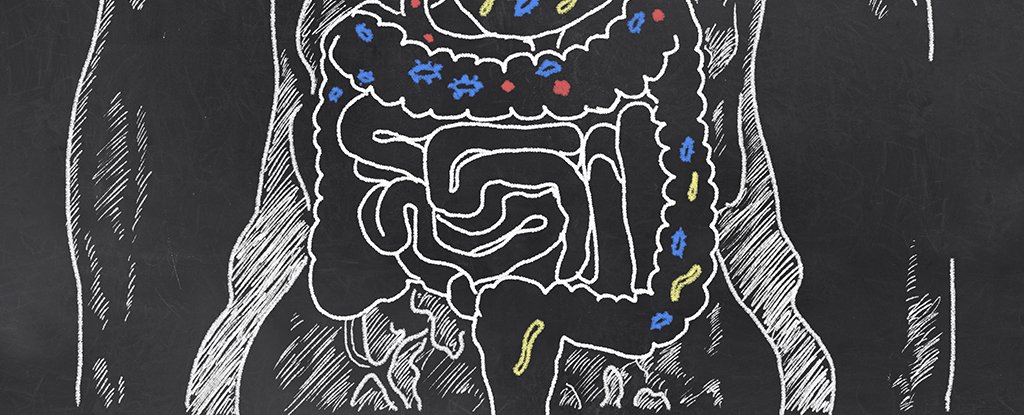
Scientists at McMaster University have identified new biomarkers for Irritable Bowel Syndrome (IBS) in urine, which could lead to better treatments and reduce the need for costly and invasive colonoscopy procedures currently used for diagnosis.
Little is known about the causes of IBS, a chronic and often debilitating gastrointestinal disorder which affects hundreds of thousands of Canadians in which diagnosis is complicated, patients experience a vast spectrum of symptoms and treatment options are limited.
“Diagnostic testing for IBS involves a long process of excluding other related gut disorders, such as inflammatory bowel disease,” explains Philip Britz-McKibbin, lead author of the study and a professor in McMaster’s Depa...
Read More









Recent Comments